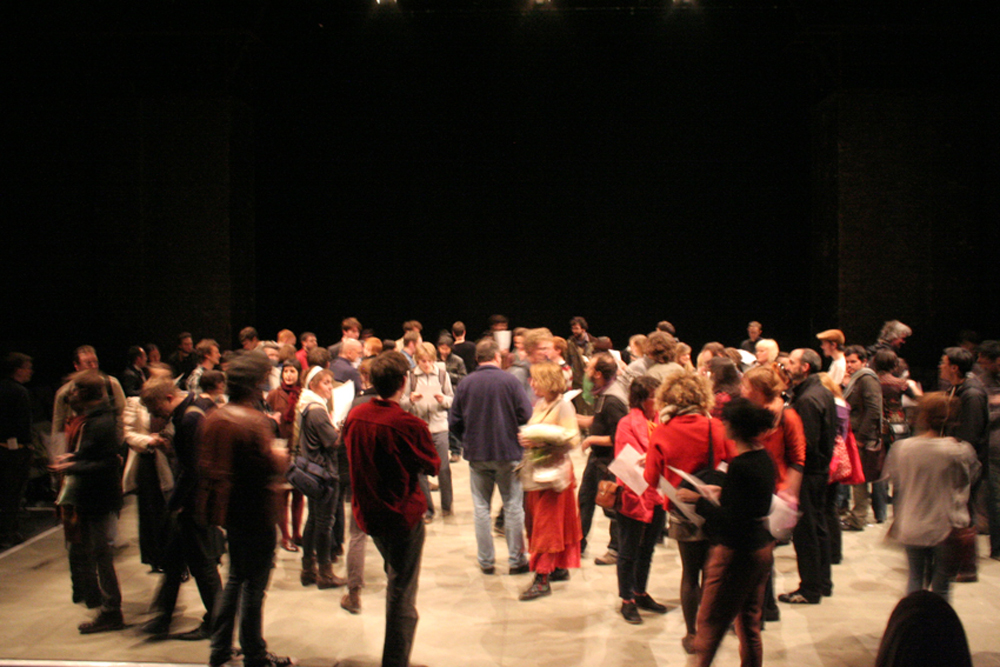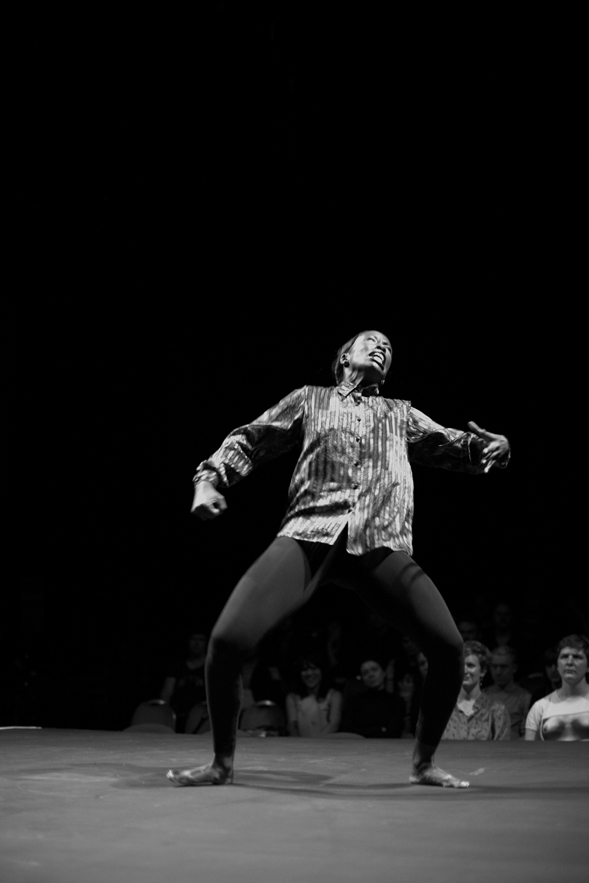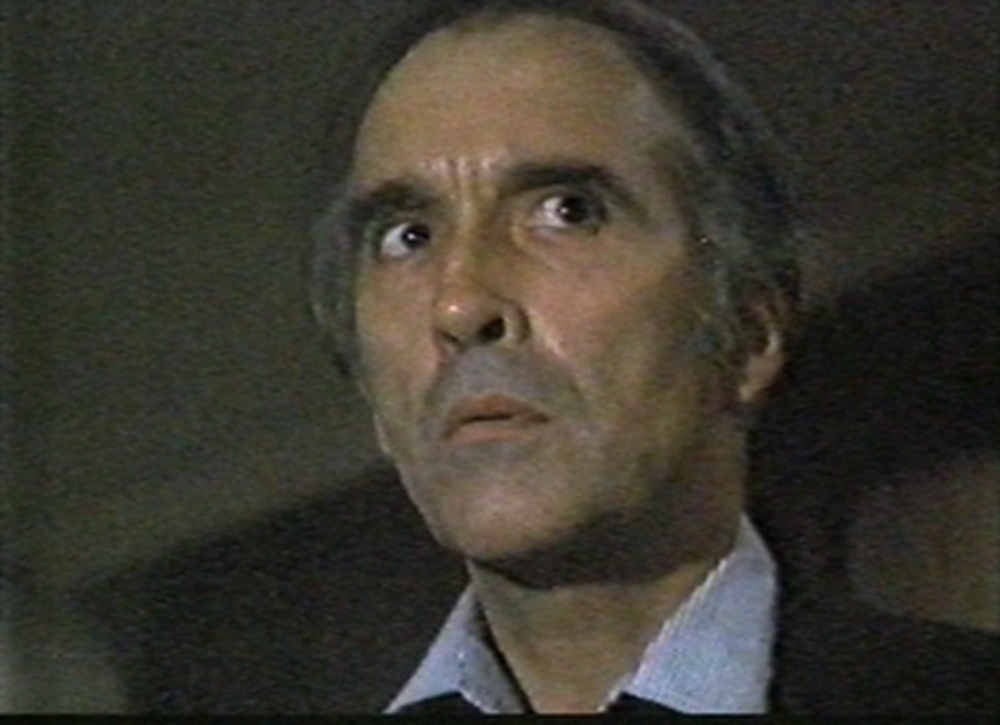
Speculative Solution
Florian Hecker
A multi-speaker, electronic, spacious and spatial performance from Florian Hecker.
Arika have been creating events since 2001. The Archive is space to share the documentation of our work, over 600 events from the past 20 years. Browse the archive by event, artists and collections, explore using theme pairs, or use the index for a comprehensive overview.

A multi-speaker, electronic, spacious and spatial performance from Florian Hecker.

Paper Piece: Secrets is a performance for and with the whole audience, using paper, text, secrets, being in the crowd

Can our favourite Vegas-born poet of prophetic blackness and a South Central transmuter of social rage into beauty feel through each other?

Includes: a classic of innovative computer graphics, ex-pat Scot McLaren on form, a riotous psychedelic oil show with a Soft Machine accompaniment, subtle manipulation of data feedback, a colourful road movie and a reworking of a lost Paul Sharits film.

Whether drawing their own fractured, abstract narrative, or re-contextualising, chewing up and spitting out someone else’s, each of the films here take a dramatic arc as their starting point and throw it to the wind.

An open-ended moment in an ongoing series of films, notes, performances, diagrams and drawings which trace the questions they share. A “porous space between cinema time-space and lived time-space.”
Sean and Taku share an interest in structure, space and time. A spartan, abstract, considered and surprisingly musical set.
A day of presentations and discussions on the theme of audio visual perception in the context of experimental music, film and art.

A performance by Storyboard P – one of the greatest Afrofuturist dancers on the planet.

Sound and image slipping out of synch and into discord, the programme includes (in London at least) a very special version of Hollis Frampton’s masterful (nostalgia) with a live narration by Michael Snow.

Somewhere between performance, stripped down theatre and an intense kind of public learning or maybe even a public hearing.

What’s the best way to spend time with a musician when they visit a city to perform? And when the musician in question has a great deal to say, what sort of concert do you organise to do justice to that?